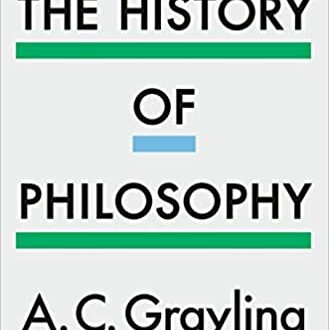According to C. Stephen Evans, natural knowledge of God is “knowledge that does not presuppose any special religious authority or revelation.” A natural sign is “something that directs our attention to some reality or fact and makes knowledge of that fact possible.” Therefore, theistic natural signs are natural signs of God that are the means by which a person becomes aware of God.
Theistic Natural Signs (TNS) produce possible de re awareness of God and contain a built in resistible propensity to form a relevant judgment (36).
Evans asks: Why do some people accept and some people reject the arguments that proffer signs of the reality of God? His answer contains two theses.
Thesis 1: Natural knowledge of God is both “widely accessible” and “easily resisted.” If God exists he would make knowledge of his existence widely accessible (God is egalitarian) and easily resisted (God is non-coercive): “God would make knowledge of himself widely available for those who wish to have it, but God would not force such knowledge on those who do not wish to know God” (17). TNSs, therefore, are open to interpretation and misinterpretation; this explains the non-uniform results of natural theology.
Thesis 2: The fact that even objectors recognize the signs is evidence of the “power of the sign”: “Whether an individual thinks the arguments are strong or weak, that individual can recognize the natural signs that lie at the core of the arguments, and see these signs as having genuine force” (2-3). Evans gives two examples of objectors to traditional arguments for God’s existence who have nevertheless recognized the power of the sign. Both Hume and Kant, while rejecting natural theology, recognize the power of such arguments. If the power lies not in the arguments themselves, since Hume and Kant reject them, it is surprising that both find them “powerful” in any way. Evans claims that the reason both Hume and Kant find the arguments powerful is that both recognize the signs pointing to God.
 |
| C Stephen Evans |
Evans argues that the traditional arguments for the existence of God (cosmological, teleological, moral) proffer theistic natural signs. While the arguments themselves might be unpersuasive, the signs, and their power, may nevertheless provide evidence even when rejected.
A couple of questions about Evan’s view:
First, Evans attempts to resolve the debate between reformed epistemologists and evidentialists. Does the concept of natural theistic sign potentially succeed? One might see the sign as the basis for an argument. For example, “why is there something rather than nothing?” is a question arising from the sign and leads to an ensuing argument. Reformed epistemologists see the sign as producing a “basic belief” when the various conditions of warrant are met. Does this argument satisfy both/either/neither?
Second, Evans presupposes a certain conception of what God is like. God, according to Evans, is both egalitarian and non-coercive. But does this have sufficient theological support? On some Christian positions the knowledge of God is widely available, but impossible not to resist for those who God chooses to regenerate. More importantly for Christians we do know something of the general reason people reject signs – human sin.
C. Stephen Evans, Natural Signs and Knowledge of God


